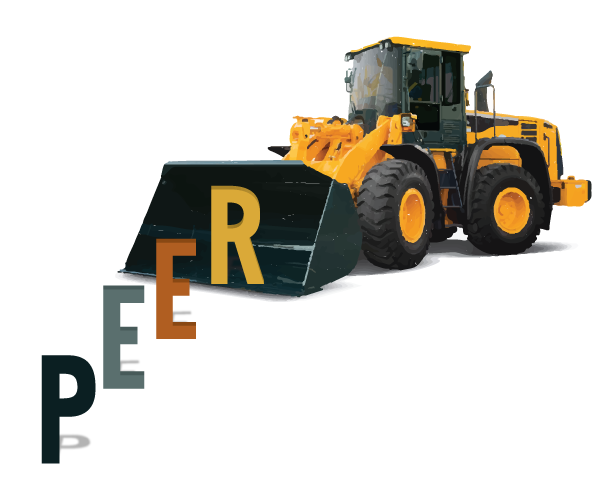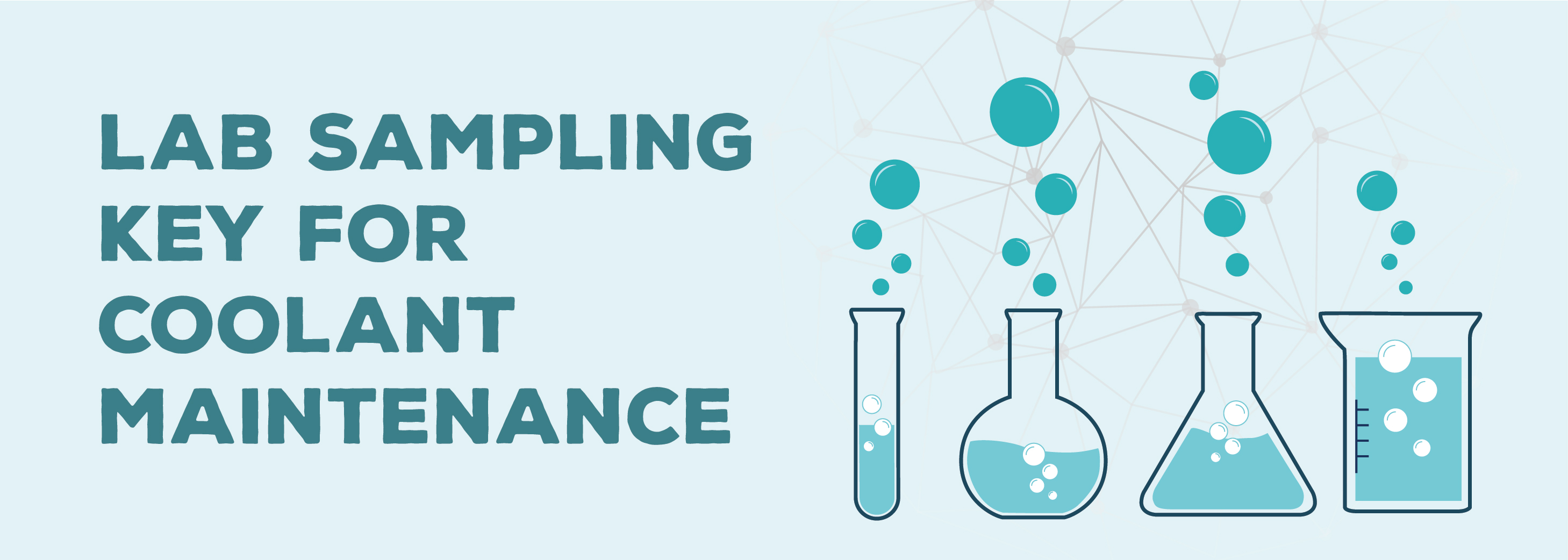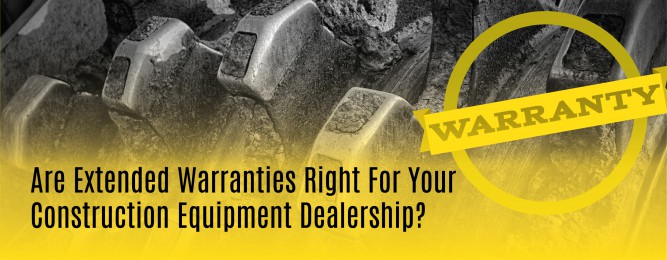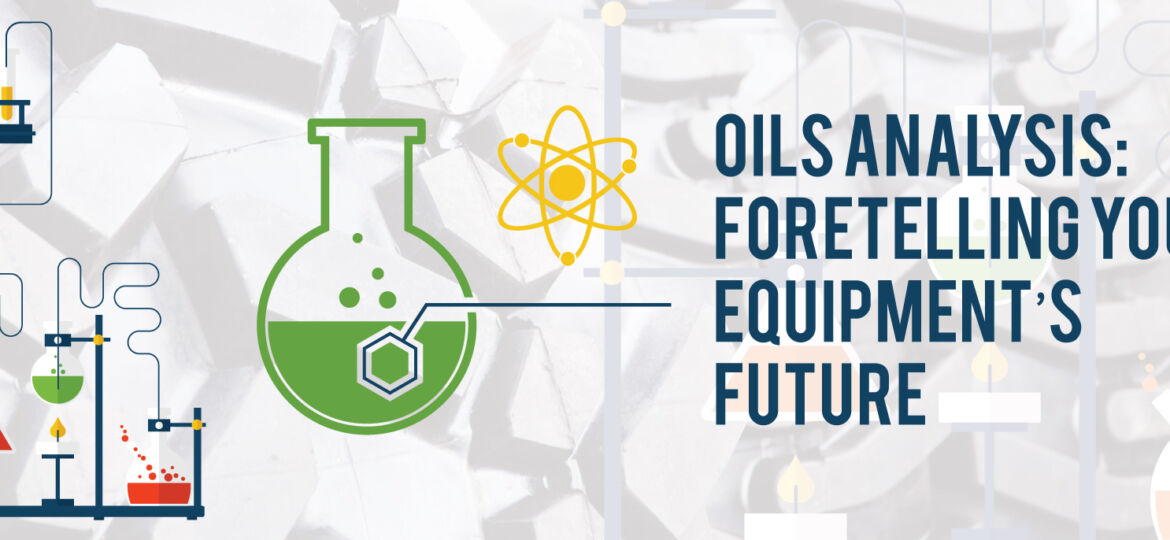

Oils Analysis: Foretelling Your Equipment’s Future
Oil doesn’t only lubricate equipment components. It can teach you a lot about your equipment to help you predict each machine’s future. Sort of like a fortune teller.
![]() You Can Learn from a One-Time Analysis
You Can Learn from a One-Time Analysis
Equipment dealers and construction companies often use one-time oils analysis to get a snapshot of the condition of a used machine before agreeing to purchase. You won’t learn everything that you would from long-term testing, but major issues can be detected, helping avoid what might otherwise have been an unfortunate purchase.
That’s Why We Require Oils Analysis for Extended Warranties
Here at ADI Agency, we offer a variety of extended equipment warranties that construction equipment dealers can, in turn, offer their customers. So, just as you might want an oils analysis before buying a piece of equipment, we require oil samples to make sure there are no underlying or preexisting conditions with the machine as part of the process before warranty enrollment. The specific samples/tests required depend on the type of machine and level of coverage.
Why Go to the Trouble of Lab Analysis?
Gone are the days when the only way to “analyze” the condition of machine oils was to visually inspect them. Scientific chemical analysis conducted in a lab can tell you a lot more than whether the fluid looks “dirty.” Using that data to uncover problems early on can save you untold money and headaches in repair costs and lost downtime.
Just like the rest of your preventive maintenance program, regularly testing fluids allows you to detect anomalies by comparing test results to a baseline. In fact, you can learn much more – vital things such as:
Whether you’re using the wrong oil
- If your oil is contaminated (and with what)
- If components are wearing prematurely
- If the machine is running too hot
In addition to finding early problems, over time you can also adjust each engine’s service interval, if warranted. That’s not unusual, depending on the machine’s operating conditions. For example, if the oil is consistently past its quality threshold when it goes in for testing, you will want to replace the oil sooner. That will cost more in terms of consumables and more frequent testing, but far less than the cost of damaged engine parts or a blown engine.
Conversely, if the fluid is consistently in great condition, you can consider lengthening the service interval without sacrificing adequate engine protection. That could save money, making the oil analysis essentially self-funding.
What Does Oils Analysis Test For?
The lab examines both physical and chemical properties of oil samples. For example, an emission spectrometer can screen for contaminants including fuel, coolant, additives or wear metals. An automated viscometer can measure flow rate. Other means are used to measure particle count, especially metal particles which indicate undue part wear, and to assess degradation of engine, transmission, and hydraulic fluid.
It’s not unusual to find dirt contamination in fluid samples. However, experts warn this is something that should be addressed right away, to prevent premature equipment wear. Of even greater concern is the presence of sodium, potassium, or borate in an engine oil sample – contamination that comes from the coolant. These chemicals can cause the engine to fail. Lab analysis can detect these issues earlier than visual inspection, meaning they can be fixed before causing internal engine damage.
The Key Is Consistency
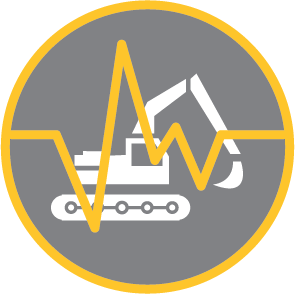
Consistency is about more than timing. Oil samples must be taken using the proper tools and techniques, in the same way, every time.
And anyone who takes the samples has to know the system and understand how to do the work without inadvertently contaminating a sample. That takes training.
Of course, construction firms don’t have to do the sampling themselves. As a construction equipment dealer, you can (and undoubtedly do) offer this as part of the other service work you do for customers. It should be an especially attractive add-on, because it eliminates worries about inconsistency or mistakes, and of course it saves your customer time.
Any potential problems noted in the diagnostic reports will be items you and your customer will want to discuss in any case. Having the machine’s oils analysis records together with the rest of its service records makes that discussion easier and more useful.
For these reasons, OEMs often recommend that equipment owners use their dealer to perform oils analysis service.
There are a number of labs that perform equipment oils analysis. Some provide free testing kits and pre-paid shipping for the samples. Some offer discounts to firms that contract for larger volumes of samples. Regardless of which lab you choose to work with, every machine is critical to your company’s success. Regular oils analysis is a cost-effective investment whether your construction company owns a handful of machines or an enormous fleet.


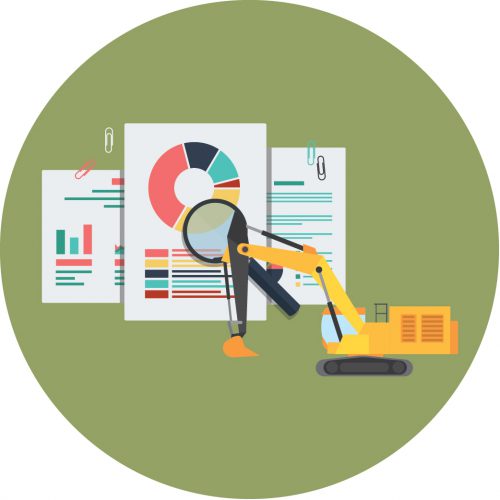 You Can Learn from a One-Time Analysis
You Can Learn from a One-Time Analysis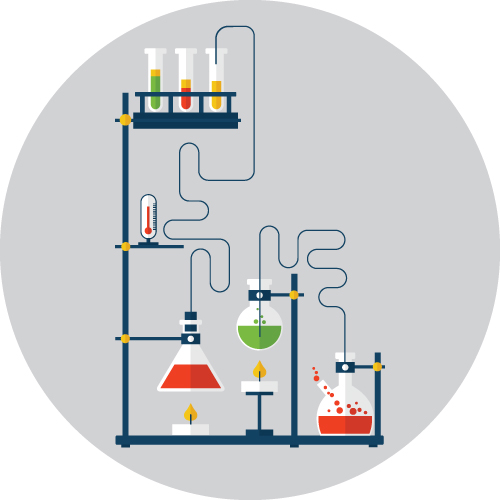 Whether you’re using the wrong oil
Whether you’re using the wrong oil






